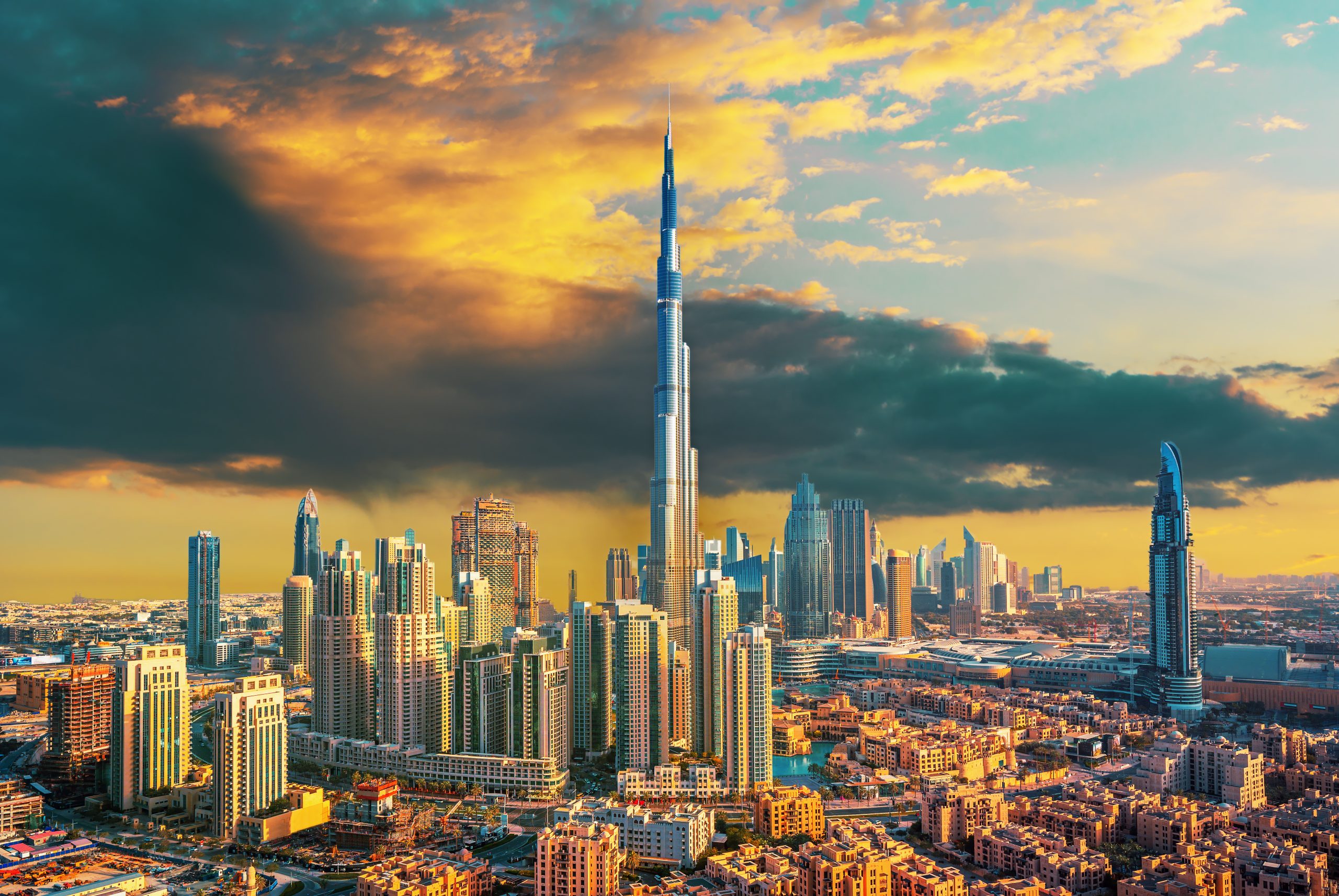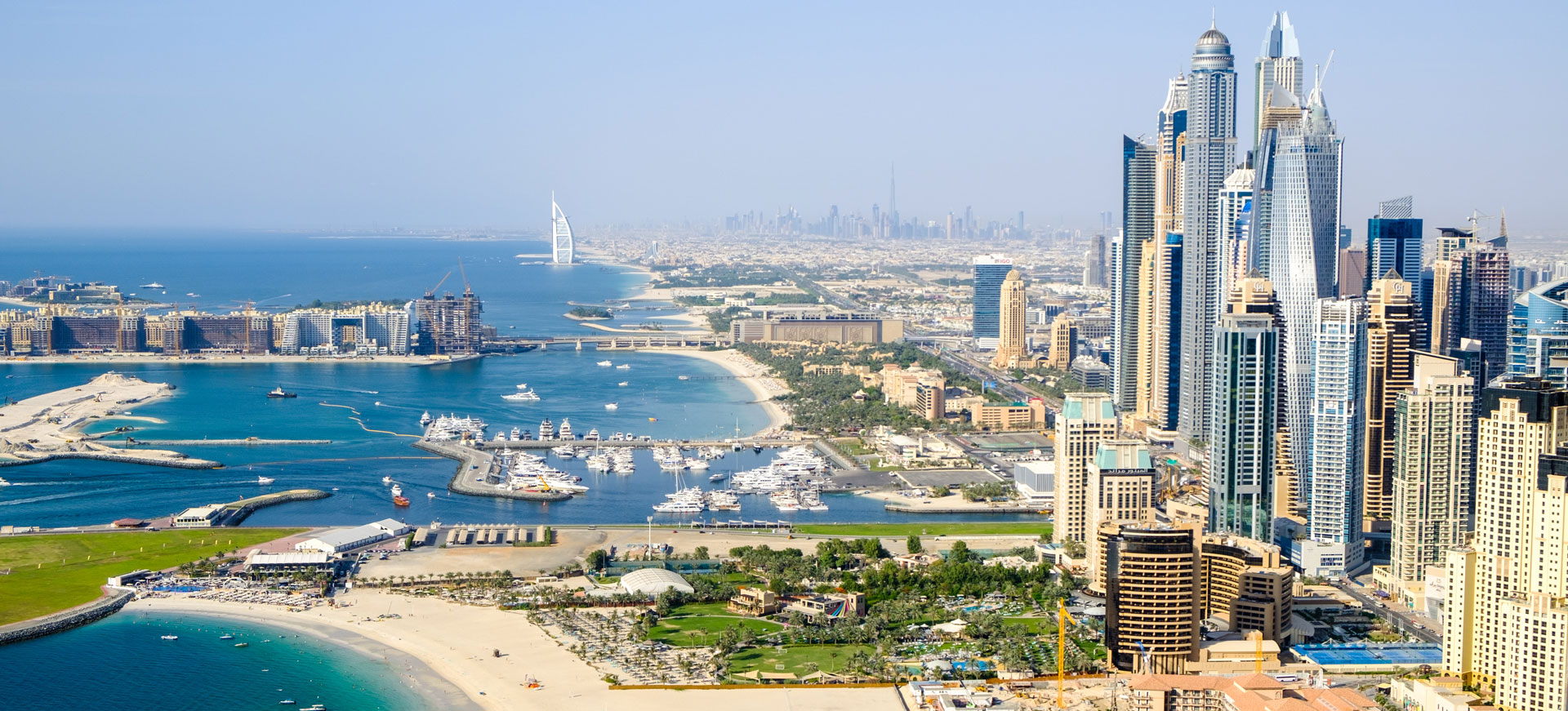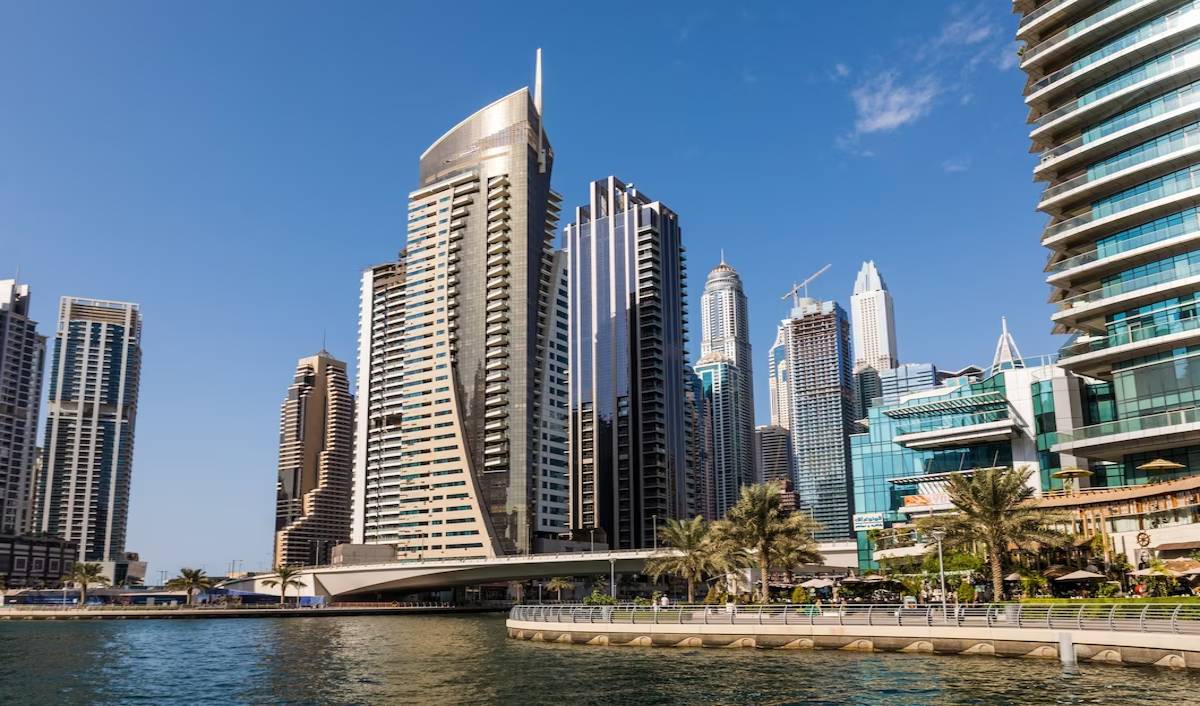Best property to invest in Dubai
November 23, 2023

When it comes to real estate in Dubai, “freehold property” refers to the outright ownership of property, land, and the structure on it, without any time limits on the period of ownership. This concept was introduced in 2002 when the Dubai government created legislation allowing foreigners to buy, sell, and lease property for 99 years or more—in some cases, indefinitely. Today, freehold properties in Dubai attract a global audience, offering long-term investment prospects, a luxurious lifestyle, and potential for residency. In this article, we will delve into what freehold property in Dubai means, its benefits, the purchasing process, and the legal framework surrounding it—essentially providing insights into what is free hold property within the emirate’s dynamic real estate market.
Introduction to Freehold Property in Dubai
As we dive into the particulars of freehold property in Dubai, it is essential to understand what exactly constitutes freehold ownership. Unlike leasehold where one owns a property for a limited period, a freehold title bestows upon the owner complete control over the property and the land on which it stands. Initially, this concept was foreign to Gulf Cooperation Council (GCC) nationals but has since become a major driver of Dubai’s real estate market growth. The expanding list of residential communities in Dubai, eligible for freehold purchase, includes an ever-growing array of sophisticated townhouses, plush villas, and high-rise apartments, catering to varying tastes and preferences.
The history of freehold ownership in Dubai reflects the emirate’s transformative journey toward becoming a diverse, international hub. The introduction of the freehold decree in the early 2000s aimed to diversify the economy and boost foreign investment. This revolutionary change has since sculpted Dubai’s skyline with iconic developments and fostered a dynamic property market.
The Legal Framework for Freehold Property

Freehold Property Law in Dubai
The law, which outlines the terms and conditions under which non-nationals may own property, assures investors of their rights and security. The clarity and protection offered by this law are among the core reasons why Dubai remains a sought-after destination for international investors.
Areas Designated for Foreign Ownership
There are specific zones called ‘free zones’ where foreigners are allowed to purchase freehold properties. These include many of Dubai’s most prestigious neighborhoods such as the Palm Jumeirah, Dubai Marina, and Downtown Dubai. Each of these areas offers unique attributes and benefits, catering to diverse lifestyle preferences and investment goals.
The Benefits of Owning Freehold Property
Long-Term Investment Potential
Freehold property in Dubai is synonymous with growth and potential. Real estate in this vibrant city is not only about luxury and lifestyle but also represents a compelling investment opportunity. Over the years, the market has matured, offering stable returns and capital appreciation. Property buyers often contemplate the best property to invest in Dubai to maximize their returns, evaluating factors like location, potential for growth, and the prestige of the neighborhood.
Full Ownership Rights
As a freehold property owner, you wield absolute decision-making power over your property. From property alterations to the decision to lease or sell, owners enjoy complete autonomy.
Eligibility for UAE Residency Visa
Owning a freehold property can make one eligible for a United Arab Emirates residency visa depending on the value of the property they own. This residency is renewable and provides them with the opportunity to reside in the UAE and enjoy its tax benefits.
The Process of Purchasing Freehold Property
Steps Involved in Buying Freehold Property
- Property selection and price negotiations
- Sales agreement drafting and signing
- Securing financing, if necessary
- Property inspection for resale units
- Transfer of ownership and payment
Necessary Documentation
As with any legal proceeding, acquiring freehold property requires presenting certain documents. Prospective buyers typically need to furnish:
- Passport copies
- Proof of residency or visa
- Bank statements or proof of funds
- Pre-approval letter from a bank, if financing is involved
Especially for those looking for affordability, seeking the cheapest freehold property in Dubai may be a priority, as prices can vary significantly based on factors like location, amenities, and the prestige of the development.
Considerations When Buying Freehold Property

Understanding Property Valuations
Real estate valuation is an intricate affair that takes into consideration factors such as location, amenities, and current market conditions. Accurate assessments ensure that you pay a fair price for your investment and safeguard your financial interests.
Importance of Location
The old adage “location, location, location” remains indisputable in the world of real estate investment. In Dubai, the locality of your freehold property can significantly influence its rental yield, value appreciation, and lifestyle appeal.
New Developments vs. Resale Properties
Purchasers often face the dilemma of choosing between off-plan properties or resale ones. Each offers distinct advantages; while off-plan developments may promise contemporary designs and competitive pricing, resale properties allow for immediate occupation and a tangible sense of the living experience.
| Consideration | Off-Plan | Resale |
|---|---|---|
| Pricing | Usually more competitive | Market driven |
| Payment Plan | Flexible, with milestones | One-time or mortgage backed |
| Property Age | Brand new with warranties | Varies, potential for immediate defects |
Financing Freehold Properties

For many prospective buyers, financing is a crucial step in acquiring a freehold property in Dubai. Financial institutions within the city offer an array of mortgage options, tailored to meet the needs and circumstances of different investors.
Mortgage Options in Dubai
The financial landscape in Dubai provides potential property owners with multiple funding pathways. Buyers can choose from fixed-rate mortgages that offer stability with consistent repayment amounts, variable-rate mortgages that can vary with market rates, and even interest-only loans that require payment of the interest component only for a set term. Each mortgage product is designed with unique features aimed at enhancing affordability and matching repayment capabilities with the buyer’s financial profile.
Factors Affecting Loan Eligibility
When considering a mortgage, banks take several factors into account. Income stability and levels, along with employment type and duration, are crucial aspects that lenders analyze. Additionally, credit history helps in assessing repayment reliability, while the property’s valuation ensures the loan amount doesn’t exceed its worth. Potential homeowners must evaluate these elements before applying for loan products, ensuring they opt for options best suited to their financial profiles.
Freehold Property and the Dubai Real Estate Market
Market Trends
Current real estate market trends in Dubai indicate fluctuations in property prices and demand. Analyzing these trends, including demographic shifts, supply and demand imbalances, and economic health, is vital for investors to time their purchases and sales to maximize returns. With the right insights, an investment in freehold property can be quite lucrative over time.
Impact of World Events
The Dubai property market is influenced by global economic conditions, geopolitical events, and international property laws. For instance, global financial stability often fuels investor confidence, while crises can lead to a more cautious approach. Paying attention to such events and their impact on the market can equip investors with the foresight needed to make prudent decisions in real estate investment.
Property Management for Freehold Owners
Owning a freehold property comes with the need to effectively manage the asset. Property management often entails regular maintenance, handling tenant issues, and understanding the financial aspects of ownership, such as service charges.
Maintenance and Upkeep
Effective property management ensures that the asset retains its value and appeal. Regular maintenance tasks, renovations, and updates are fundamental to sustaining the property’s condition. Engaging professional property management services can alleviate the burden on owners, particularly those residing abroad or owning multiple properties.
Dealing with Tenants
For owners who rent out their properties, tenant management becomes a key responsibility. From finding and screening tenants to managing rental contracts and overseeing tenant relations, it’s essential to address these tasks diligently to ensure a steady rental income and maintain the property’s condition.
Understanding Service Charges
Owners of freehold properties in areas with shared amenities may incur service charges. These fees contribute to the upkeep of common areas, facilities, and sometimes even utilities. Knowledge of these charges and budgeting for them is imperative for a hassle-free property ownership experience.
The Future of Freehold Property in Dubai
Government Initiatives
The Dubai government’s commitment to enhancing the real estate sector through regulatory improvements and promoting investor-friendly policies bodes well for the future of freehold property. Initiatives aimed at ensuring transparency and protecting investor interests elevate Dubai’s status as a global real estate hub.
Predictions for the Real Estate Sector
Analysts predict that the freehold property market in Dubai will continue to mature. With Expo 2020 showcasing Dubai to the world and subsequent initiatives to bolster economic activities, the demand for real estate, particularly in the freehold sector, is likely to witness an uptrend.
In conclusion, the journey toward owning a freehold property in Dubai can be a rewarding venture for those equipped with the correct information and guidance. With comprehensive legal frameworks, a plethora of financing options, and a government intent on nurturing the real estate market, investing in a freehold property in Dubai has become a viable option for many. Whether seeking a luxurious home or a strategic investment opportunity, freehold ownership opens doors to a stable and promising future in one of the world’s most vibrant cities.
Frequently Asked Questions About Freehold Property in Dubai
What are the eligibility criteria for foreign investors to buy freehold property in Dubai?
Foreign investors can purchase freehold property in designated areas within Dubai, as outlined by the Freehold Decree. There are no specific eligibility criteria related to nationality, but buyers must have the financial means to purchase the property and comply with local laws and regulations.
Can owners of freehold property in Dubai obtain UAE residency?
Yes, owners of freehold property in Dubai may be eligible for UAE residency depending on the value of the property they own. This residency is renewable and provides them with the opportunity to reside in the UAE and enjoy its tax benefits.
What are some popular areas for freehold investment in Dubai?
Popular areas for freehold investment include Dubai Marina, Palm Jumeirah, Downtown Dubai, and the upcoming communities around Expo 2020 site. These areas are known for their strategic locations, luxurious amenities, and high return on investment potential.
Is it possible to obtain a mortgage for freehold property in Dubai as a foreigner?
Yes, foreigners can obtain mortgages for freehold properties in Dubai, provided they meet the bank’s eligibility criteria, which typically include income level, credit history, and the valuation of the property.
Are there any additional costs associated with owning freehold property in Dubai?
Beyond the purchase price, owners of freehold property may also need to budget for service charges, maintenance fees, and, if applicable, property management costs. It’s essential to account for these expenses when considering the total cost of ownership.